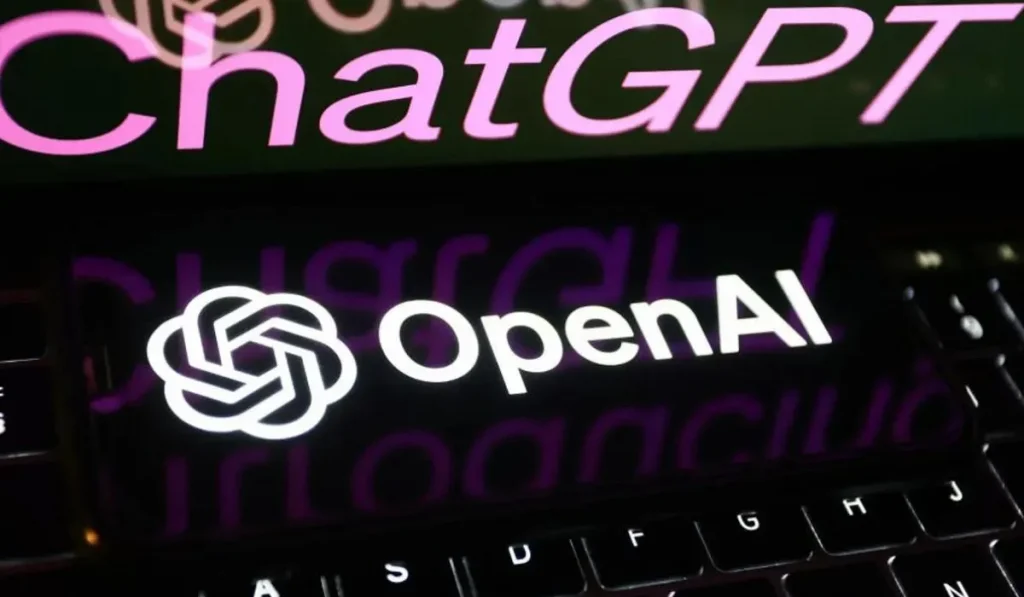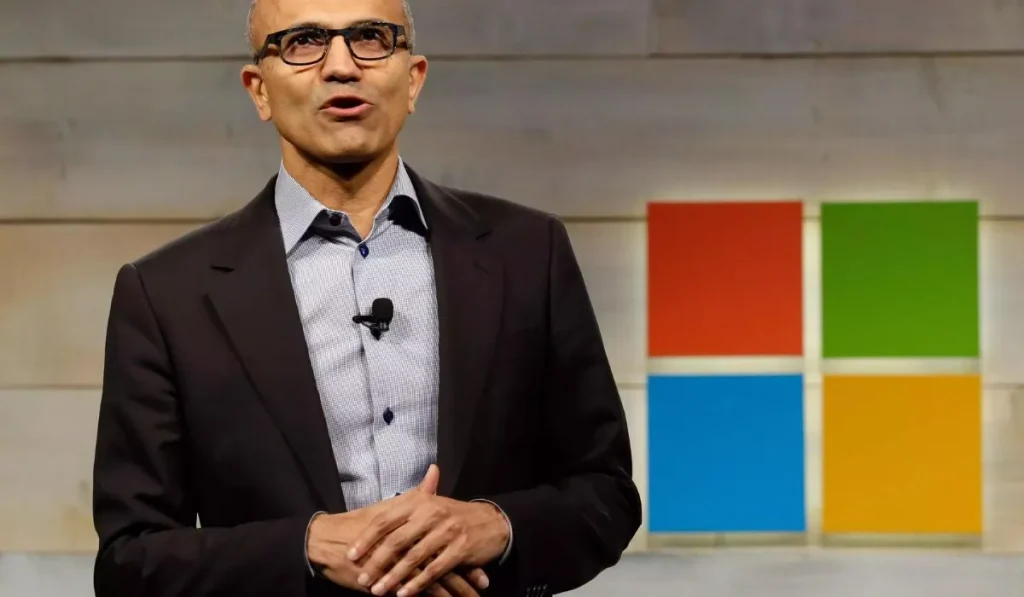On Thursday, Microsoft briefly restricted its employees from using OpenAI’s generative AI chatbot, ChatGPT. The event started fires to rumors that the tech giant may be reconsidering its $10 billion investment in the artificial intelligence startup.
In an advisory note to staff posted on its internal website, Microsoft said a number of AI tools would “no longer be available for employees to use” due to “security and data concerns”. News outlet CNBC got their hands on a screenshot showing that ChatGPT couldn’t be accessed on the software company’s corporate devices.
Microsoft Shortly Restricted Staff from Using ChatGPT on Corporate Devices
The lockout was brief and Microsoft later came out and confirmed it was not intended and was a mistake resulting from a large language model test that was being conducted at the time.

“While it is true that Microsoft has invested in OpenAI” and the AI firm has built-in safeguards for ChatGPT “to prevent improper use”, the platform was still a third-party external service, Microsoft told staff in the update. The company also said that they “must exercise caution using it” because of privacy and security risks.
The advisory contained a line that said Microsoft was preparing to ban the use of ChatGPT and design software Canva by employees but later removed mention of both applications. The company reinstated access to ChatGPT after CNBC reported on the issue.
ALSO READ:- Silicon Valley Split: Big Tech Pushes For AI Regulation, Others Balk
Microsoft Said the Restriction was Caused by an Internal Test Conducted on LLMs
Later, a spokesperson for Microsoft said that they were testing endpoint control systems for large language models (LLMs), such as ChatGPT and Midjourney, and “inadvertently turned them on for all employees”. The company restored the service shortly after identifying the error.
Microsoft encourages employees and customers to use services like its own Bing Chat Enterprise, which is powered by OpenAI’s LLM models, and ChatGPT Enterprise “that come with greater levels of privacy and security protections”, the spokesperson said.
Generative AI models like ChatGPT, which are trained on extensive publicly available internet data, provide sophisticated answers and detailed information in human-like voice in response to natural language models. OpenAI says that more than 100 million people actively use the service.
ALSO READ:- Robinhood’s Q3 Revenue Drop: Europe, Get Ready for Robinhood’s Cryptocurrency Platform
OpenAI’s Corporate Partners Are Concerned by Attacks Targeting ChatGPT
However, there is growing concern among large enterprises after it was reported that the LLM has been experiencing outages of late due to targeted attacks. This led to the companies restricting the use of ChatGPT among employees, often to prevent the sharing of confidential data.
Microsoft entered into a strategic partnership with OpenAI earlier this year, resulting in the software giant implementing many of the AI tech firm’s services onto its Windows 11 operating system, Office 365 applications, and the Azure cloud infrastructure.
Despite rumors of a rift between the companies, it was all love when Microsoft CEO Satya Nadella appeared onstage alongside OpenAI CEO Sam Altman at the startup’s first developer conference in San Francisco on Monday.
“We love you guys”, Nadella told Altman, adding that the partnership with OpenAI “requires” Microsoft to be on the top of its game. Later on, Altman added that he believes their partnership to be the best in the tech industry, proclaiming that OpenAI is “excited to build” artificial general intelligence (AGI) together with Microsoft.
Late on Thursday, sharing the CNBC article on Microsoft restricting employees’ access to ChatGPT, Altman joked in an X post that the rumors that OpenAI was blocking Microsoft 365 in retaliation are unfounded.
Earlier this week, a hacking group called “Anonymous Sudan” said that it made attempts to breach ChatGPT because of OpenAI’s “cooperation with the occupation state of Israel” and Altman’s statement that he is willing to invest more into the country.
